DUBAI: British-Palestinian author Selma Dabbagh hopes a new book featuring 75 stories of love and desire penned by Arab women will help pave the way for more female authors to emerge from the Middle East region.
The English-language anthology “We Wrote in Symbols,” edited by Dabbagh, was published in April this year, marking a literary first in showcasing the works of women from the region on subjects many might consider bold.
Spanning several millennia, the volume includes the works of classical poets, award-winning contemporary authors and emerging writers.
“It brings together a diverse range of voices who are writers in English, French and Arabic, coming from all of the three main monotheistic religions, as well as those that are not religious at all,” Dabbagh told Arab News.
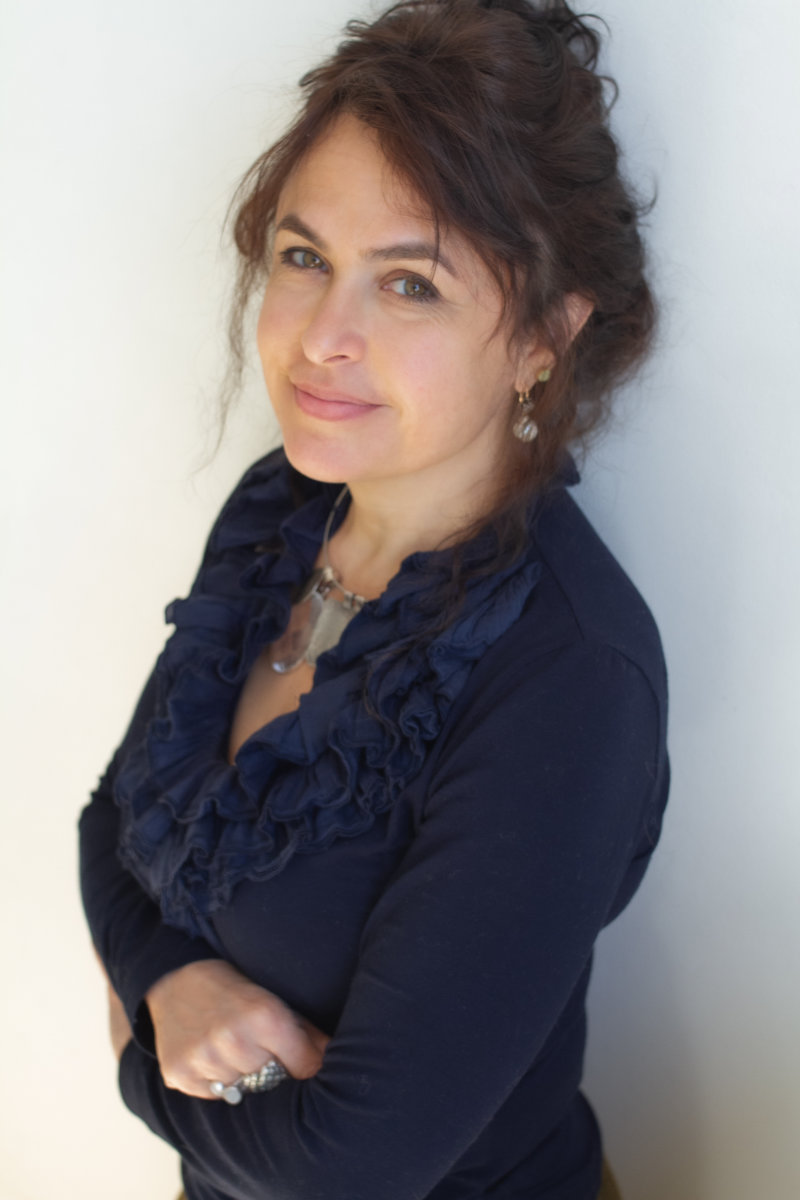
‘We Wrote in Symbols’ editor Selma Dabbagh. (Courtesy of Sussana Baker Smith)
The idea arose after Dabbagh stumbled on an anthology called “Classical Poems by Arab Women,” which contained writings from the pre-Islamic period up to the fall of Andalusia in 1492.
The collection left a lasting impression. “Some were what you would expect. There were poems lamenting the loss of a brother in battle,” Dabbagh said.
“But other women were talking about sexuality in a way that was very self-assured. Some were being a bit provocative, but others were just content with that aspect of their life. The voices were surprising, but they also felt fresh, contemporary and spirited.”
Dabbagh began to notice similar themes in the work of contemporary female authors discussing issues of love and desire — in some cases dealing with the disconnection between the two in relationships, which were portrayed with remarkable sensitivity.
As a fiction writer, Dabbagh had always found this a difficult topic to handle, partly due to self-censorship stemming from her own notions of shame.
“There is a universal insistence on associating the actions of a character with the behavior of an author, which we need to be freed from,” she said.
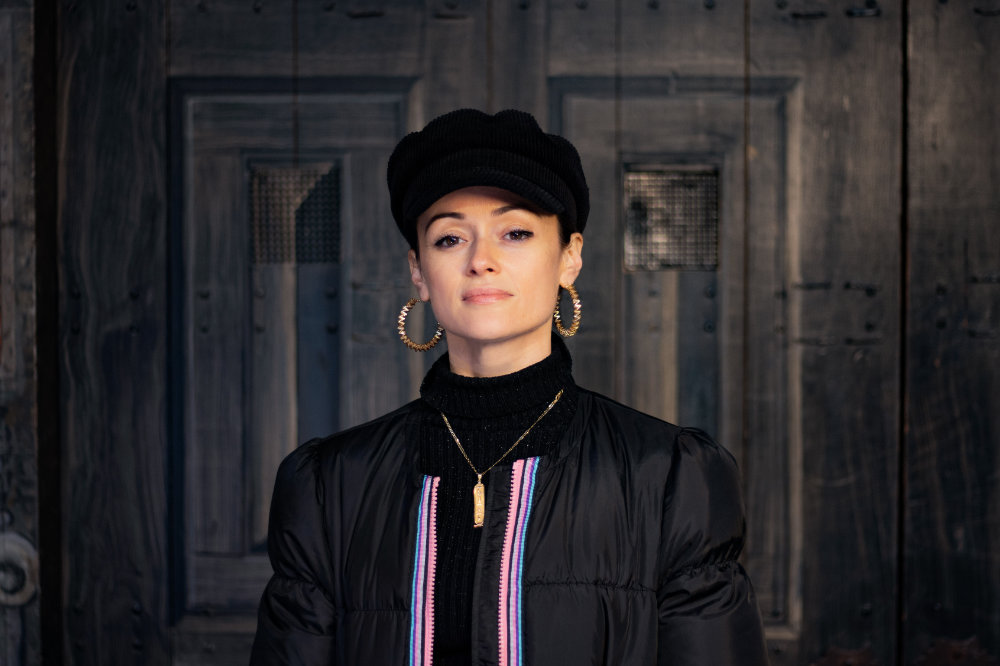
Sabrina Mahfouz. (Courtesy of Greg Morrison)
“To be a writer who is able to depict those delicate shifts in mood and connections between people takes an enormous amount of skill and imagination. So, the collection is basically a combination of the older, classical poets and the newer voices looking at this difficult terrain.
“A lot of them are very funny, some are quite daring and explicit, and it’s just a different way for women identified with the region to have their writing viewed — through matters of the heart and the body.”
Dabbagh said there is an expectation among English readers that most Arab fiction is slightly depressing, political or downbeat. In the words of Nathalie Handal, one of the poets featured in the anthology, “people think Arabs don’t love with a beating heart.” The book aims to challenge this misconception.
“It tries to bring that sense of emotional excitement and tenderness to a vast, diverse and varied region through the writing of women,” Dabbagh said.
Indeed, there is much to celebrate about women in Arab literature, which actually predates anything published by a female author in the English language. One of the earliest poems included in the anthology dates back almost 5,000 years.
“You have this tradition, mainly in poetry, of writing and letter writing by Arab women before women started writing in Europe,” Dabbagh said. “I really wanted to show that, because it’s not something that is associated with the Arab world in terms of having higher levels of advancement in female literacy.”
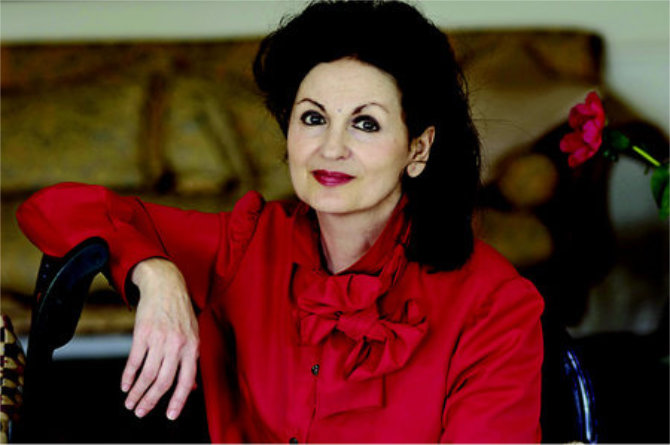
Hanan Al-Shayk. (Supplied)
For Dabbagh, whose debut novel “Out of It” was nominated as a Guardian book of the year in 2011-12, navigating the affairs of the heart is not something that necessarily becomes easier with age.
Although she read the works of Hanan Al-Shaykh and Ahdaf Soueif avidly in her 20s, she wishes there had been more Arab women writers in her youth. “Sadly, I only read fluently in English,” she said.
“It was really radically life-changing for me to read accounts by women of a similar background. I grew up between the Gulf and Europe mainly, and I always found it such a difficult subject matter for me to find my voice.”
Reading their stories made Dabbagh more articulate about her own feelings.
“It just gives you a set of tools with which to negotiate this tricky emotional terrain,” she said. “I think (my book) might help to provide a level of self-knowledge because there are so many different characters in it that readers should be able to relate to.”
Having read the works of critically acclaimed American writers, whose brash depiction of the hook-up culture she found dulling, her interest returned to the writings of women of Arab heritage to see how their interpretations of romance, sentimentality, vulnerability and desire affected her.
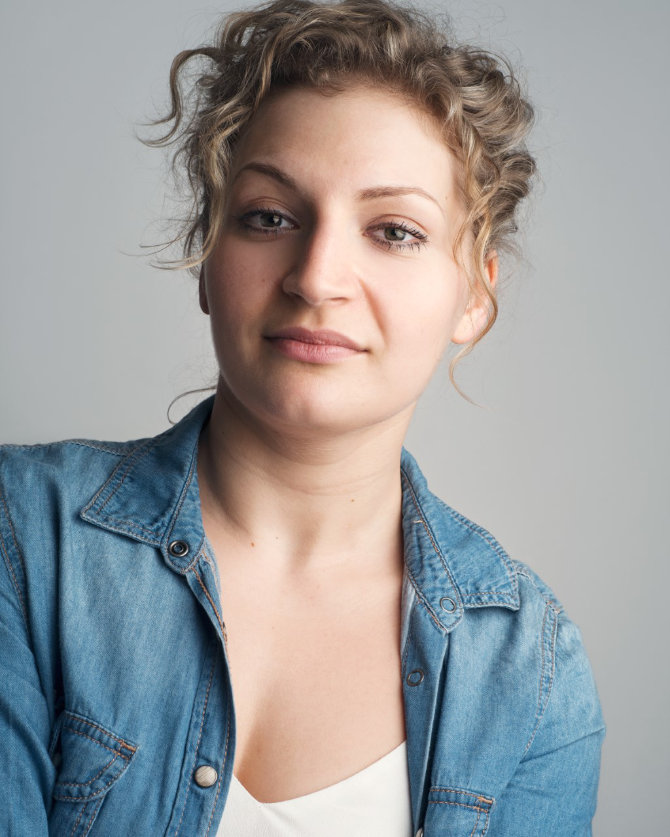
Laura Hanna. (Supplied)
In these works, she found creativity, humor and craft. “We’re always being told to see these two worlds I come from (the West/Europe and the Arab world) as almost antithetical to one another,” Dabbagh said.
“But with the language of love and looking at the Mediterranean as a kind of sea of stories, we can see how there’s been influence over time between Europe and the Arab world.
“In the 19th century, you had a lot of writers and explorers who came to the Arab world because it was a place of freer sensuality. It seemed to be less restrictive than the puritanical backgrounds these writers came from.
“Now that pattern has, to some extent, been reversed.”
During the Abbasid period, the topic was written about and seen almost as a scientific study. “You could have a book which dealt with astrology and physics as well as expounding on sensuality, because sensuality and getting that harmony right between a couple was something that was indicative of how you can have harmony in the society as a whole,” Dabbagh said.
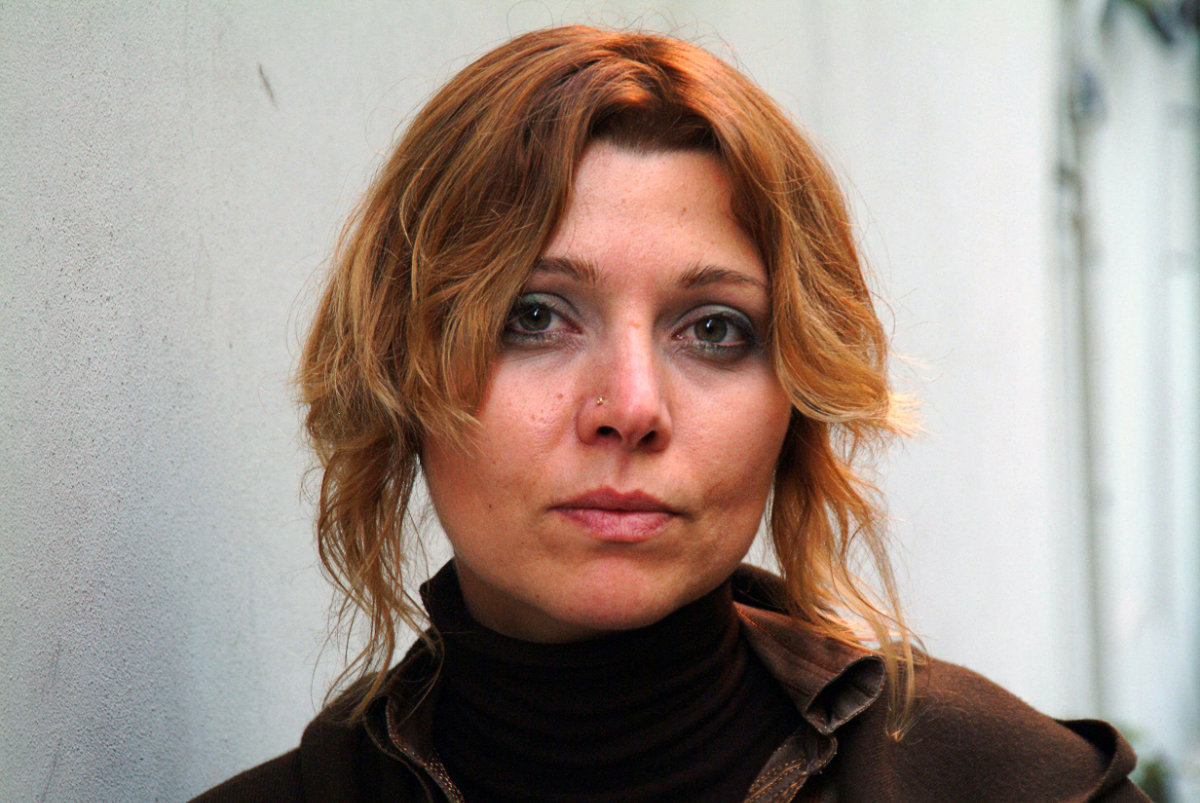
Elif Shafak. (Supplied)
“So, it was a way of ensuring that the community was in balance and that, to me, is such a beautiful idea. But it’s something that is rarely associated with the religion anymore.”
Nowadays, any associations between religion, women and sexuality appears to be overwhelmingly negative. “I wanted to show that range, to try to break up that stereotype,” she said.
And although one book is unlikely to change opinions overnight, Dabbagh believes women’s voices are gradually subverting traditional methods of censorship.
“The region has been engulfed with images, films and TV for the past 70 years, and most of it was state-run,” she said. “But now with Netflix and online streaming, we have a lot more content coming in and it’s hugely influential.”
Nevertheless, the depiction of Arabs and the Islamic world in Hollywood has improved little in the past century. “There is a kind of mass absorption of negative images of the region from outside, which is going to influence behavior,” Dabbagh said.
“We need to find ways of writing stories which are connected to regional history, cultures, which are exciting, dramatic, sleek and sexy. It’s just about being trained up, opting into it and starting to influence the way these stories are told.”
___________
• Twitter: @CalineMalek


















